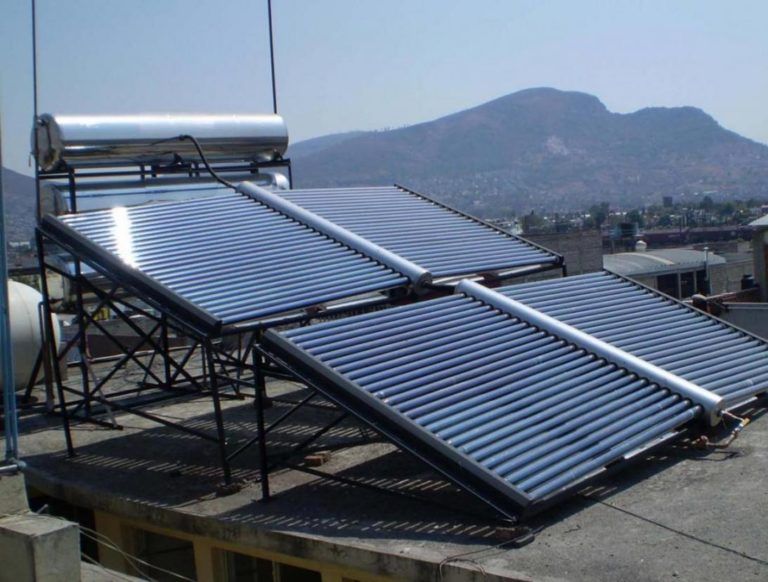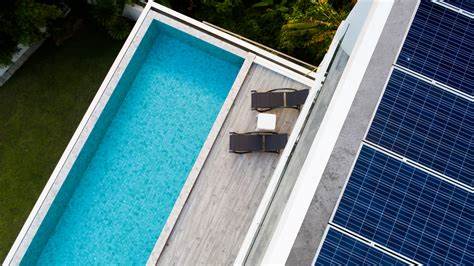Sustainability
No longer "nice to have" but "need to be"
Sustainability has been relevant for decades, but its meaning and content have evolved, and it is more important than ever.
Consumers of all age groups increasingly judge companies by their behavior and how sustainable they operate. This will affect their choice of accommodation and the bottom-line.
What started with protecting wildlife and later the reduction of energy and water consumption, is now applied to everything we do (or rather don’t do).
REDUCE THE USE OF ENERGY,WATER AND OTHER RESOURCES
The most obvious part of operating sustainable which affects the financial bottom line most, is the reduction of energy and water and using energy that is generated with little or no environment impact. This also determines up to a high extent the "Carbon Footprint" which is a "hot topic" consumers and determines their choices.
Solar heaters have been around for decades, but money can also be saved with the use of water-recycling (STP) and the integration of heat-recovery in central AC-system can lead to massive savings. Electricity supply is unreliable in Africa which means that every company operates diesel generators . The more environmentally friendly energy production with natural gas is increasing but surprisingly the use of solar power on a larger scale has yet to take off, despite the abundance of this "free" and clean energy in Africa.
USE OF LOCAL RESOURCES
The use of local resources has multiple positive effects on the bottom-line result, society and the environment.
- Imported goods are more expensive
- Imported good have a poor carbon footprint
- buying local goods creates jobs locally and improves local economy and society
- Imports can be disrupted as recent COVID19 pandemic has shown
RECYCLING & AVOIDING WASTE
Waste, especially plastic, is an enormous global problem and many small and big steps are taken to reduce it.
Hospitality entrepreneurs can do their part to reduce the problem. In many holiday destinations land, beaches and sea are polluted, thus affecting quality of life and economic benefits as tourism will decline. Consumers are increasingly sensitive in the use of bio-degradable materials and avoiding/recycling of waste.
- Avoid using one-way plastic products, such as straws, cups, plastic bags, toiletries etc. Many hotel chains are already phasing them out and governments are implementing legislation. Multiple-use or bio-degradable alternatives are widely available.
- Develop or support recycling initiatives. These can provide income for local population and reduce your cost for garbage disposal. A full circular economy would be if a hotel would by meat from a piggery which has used the food waste to feed the animals.
SUPPORT LOCAL COMMUNITY ACTIVITIES
Supporting the surrounding local community and make it flourish and thrive is positive for any business as it improves security & safety, reputation within and outside that community, can be a source for employees and much more. At the same time any company who engages in CSR activities, shows it is aware the they have a responsibility that goes beyond "shareholder values"
SUPPORT CONSERVATION & BIO-DIVERSITY
Preserving bio-diversity it crucial to preserve nature and make it resilient against threats, such as viruses and diseases. These may have dramatic effects on wildlife, agriculture and even humans as recent pandemic has shown. Programs to safeguard bio-diversity have multiple positive effects and can therefore be supported.
As nature and wildlife is a major driver for tourism, the support of conservation programs ensures the future of tourism and hospitality industry and it will be highly appreciated by guests/consumers.









